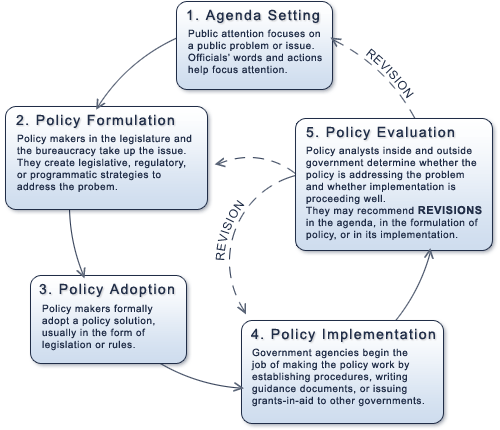Public Policy 3

The debate between Noam Chomsky and Michel Foucault in 1971 represents a debate that has occurred in politics since ancient times over the importance of concepts like truth and justice. Thinkers like Foucault argue that truth and justice are merely masks to conceal the motives of power. Groups or individuals who claim to represent these ideas use them to hold sway over others, and to make their power over others seem normal or natural. Foucault goes on to argue that political movements should get rid of any notions of truth or justice, and simply be explicit about seeking to gain power. In Plato's Republic , Thrasymachus makes a similar argument, when he says "justice is nothing but the advantage of the stronger." Before going on to look at Chomsky's response, it is interesting to look at some examples of what Foucault might mean when political figures use ideas like truth and justice. One example could be U.S. foreign policy, or the foreign policy of any state for ...


